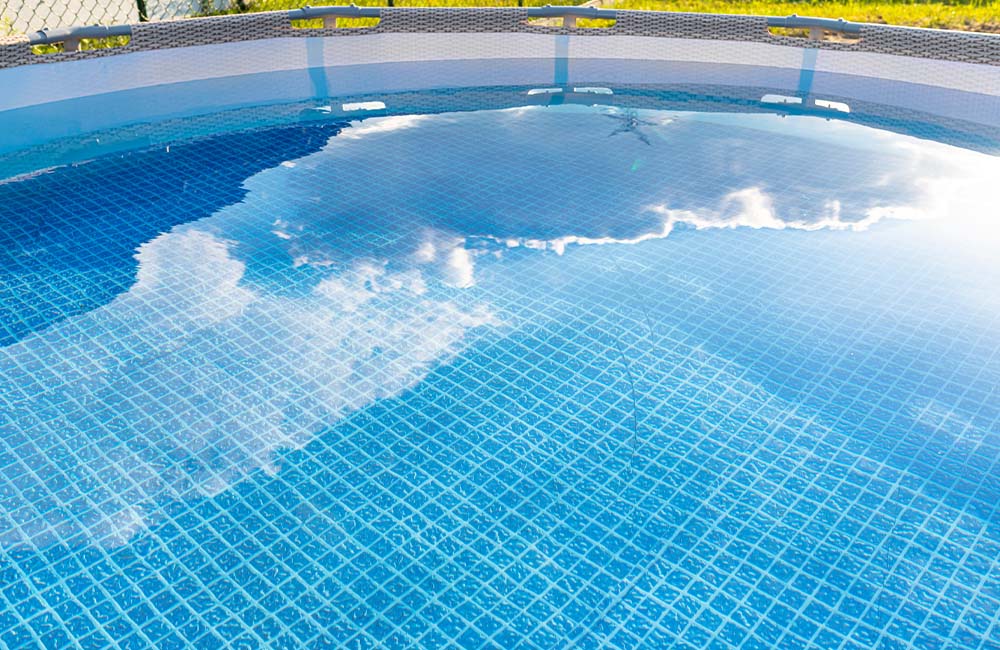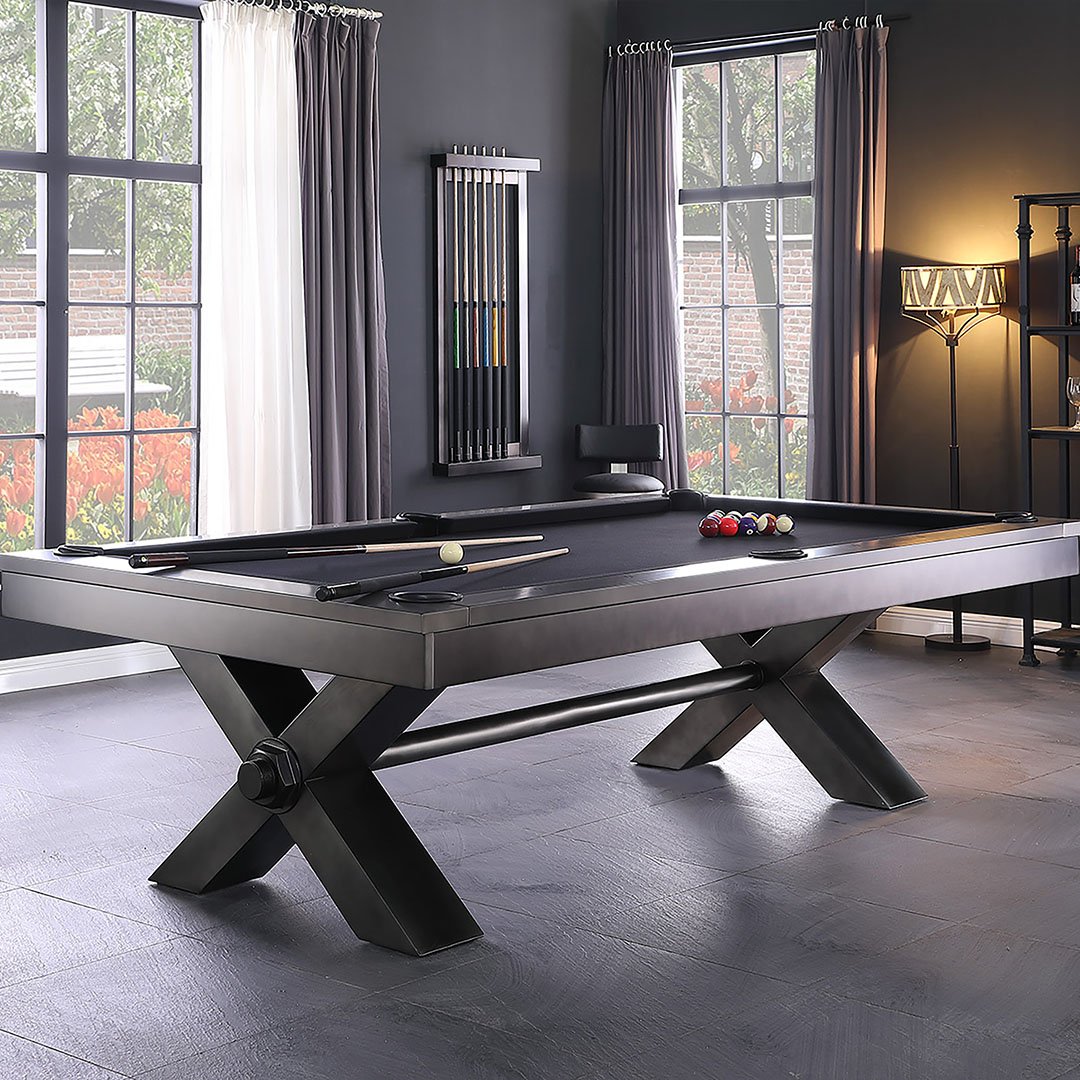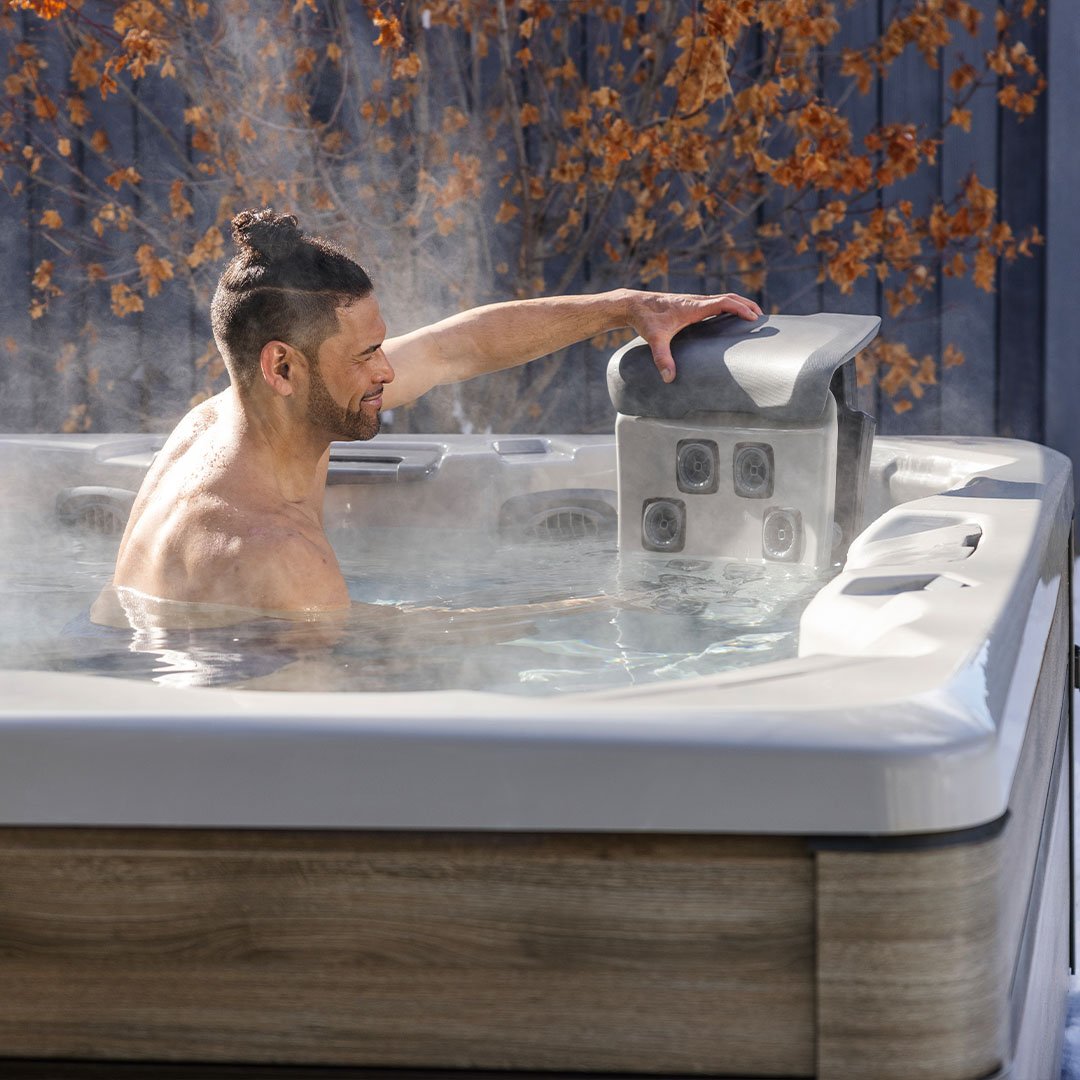How to Heat an Above Ground Pool: Understanding Heating Options
Heating your above ground pool can transform it from a seasonal pleasure to a year-round source of joy and relaxation. Whether you're looking to extend your swimming season or enjoy a warm dip on a cool evening, the right heating solution can make all the difference. At Watson's, where Life’s Best Moments Start Here, we understand the importance of making the most out of every moment spent with loved ones. That’s why we’ve compiled this comprehensive guide to help you choose the best heating option for your above ground pool.
Understand Your Heating Options
Selecting the ideal heating solution for your above ground pool is a decision that should be tailored to your specific needs, budget, and environmental conditions. Factors such as your pool's size, frequency of use, local climate, and desired water temperature all play crucial roles in determining the most efficient and cost-effective heating method. At Watson's, we understand that this choice can be overwhelming, which is why our experts are dedicated to providing personalized advice and support. By taking the time to understand your unique situation, we can help you navigate through the options, ensuring you select a heating system that aligns with your lifestyle and extends your swimming season without unnecessary expense. Whether you're leaning towards the sustainability of solar heating, the consistency of electric heat pumps, the rapid warmth of gas heaters, or the efficiency boost from solar covers, Watson's is here to ensure your pool becomes a year-round source of enjoyment and relaxation.
Solar Covers: Affordable & Efficient
How They Work
A blanket-like cover that lays atop the pool's surface, trapping heat, minimizing evaporation, and in some cases, passively warming the water with solar energy.
Benefits
Solar pool covers, also known as solar blankets, are designed to retain heat, minimize evaporation, and even passively warm your pool water. By trapping the sun's rays and preventing heat loss, they can significantly reduce the energy required to heat your pool, making them an eco-friendly and cost-effective addition to any pool heating strategy.
Initial Investment
One of the most appealing aspects of solar covers is their affordability. Prices vary depending on the size and quality of the cover, but you can expect to pay between $50 and $200 for a cover that fits most above ground pools. This makes them an accessible option for almost any pool owner looking to extend their swim season without a significant upfront investment.
Operating Costs
Solar covers have virtually no operating costs. They require no power to function, relying solely on the sun's energy. Their primary cost-saving benefit comes from significantly reducing evaporation, which is a major source of heat loss. This means you'll spend less on water, chemicals, and heating.
Savings and Efficiency
By reducing evaporation, solar covers can save up to 70% on heating costs. They also help keep your pool cleaner by blocking debris, further reducing maintenance costs and efforts. While the exact savings will vary based on climate, pool usage, and heating method, the addition of a solar cover is an efficient way to enhance the performance of your heating system and reduce overall expenses.
Electric Pool Heaters: Consistent and Reliable
How They Work
Electric pool heaters extract heat from the air, transferring it to the pool water, even in cooler temperatures.
Benefits
Energy-efficient, provide consistent heat, and have a longer lifespan.
Initial Investment
Electric pool heaters or heat pumps have an upfront cost ranging from $1,000 to $3,000, with installation varying based on complexity and location.
Operating Costs
The operating cost of an electric heater is moderate, typically costing about $100 to $200 per month. This depends greatly on local electricity rates and the desired pool temperature.
Savings and Efficiency
Heat pumps are highly efficient, especially in areas with mild to warm climates. They extract heat from the air, requiring less energy than traditional electric heaters. Over time, the energy savings can offset the higher initial cost.

Gas Pool Heaters: Fast and Flexible
How They Work
Gas pool heaters burn natural gas or propane to generate heat, transferring it to the pool water.
Benefits
Fast heating time, works well in any climate, and good for heating pools for short periods.
Initial Investment
Gas heaters have a lower initial price point, ranging from $1,000 to $2,500. The cost can vary based on whether you choose a natural gas or propane model.
Operating Costs
The operating costs for gas heaters are the highest among the three options, largely influenced by fluctuating gas prices. Monthly costs can range from $200 to $400, depending on usage patterns and fuel type.
Savings and Efficiency
While gas heaters offer the quickest heat-up times, their higher operating costs make them less efficient over the long term. They are best suited for pool owners who prioritize flexibility and rapid heating over cost-efficiency.

Solar Pool Heaters: Eco-Friendly and Cost-Efficient
How They Work
Solar pool heaters utilize black plumbing to capture sunlight and convert it into heat, circulating pool water through the coils of plumbing to warm it.
Benefits
Eco-friendly, minimal operational costs, and good for the environment.
Initial Investment
The cost of solar pool heaters can range widely depending on the size of your pool and the efficiency of the system you choose. On average, a solar dome heating system for an above ground pool might cost between $150 - $500.
Operating Costs
Solar heaters stand out for their minimal operating costs. Since they rely on sunlight, which is free, the main expense comes from the pump circulating water through the panels, which is negligible.
Savings and Efficiency
Solar pool heaters can extend your swim season by several weeks to a couple of months, depending on your location. The lack of ongoing expenses means solar heaters often pay for themselves within a few years.

Comparing Above Ground Pool Heating Options
| Feature | Solar Covers | Electric Pool Heaters | Gas Pool Heaters | Solar Pool Heaters |
|---|---|---|---|---|
| How They Work | Trap heat, minimize evaporation | Extract heat from air | Burn natural gas or propane | Use sunlight to warm water |
| Initial Investment | $50 - $200 | $1,000 - $3,000 | $1,000 - $2,500 | $150 - $500 |
| Operating Costs | Virtually none | $100 - $200 per month | $200 - $400 per month | Minimal, mainly pump costs |
| Savings and Efficiency | Can save up to 70% on heating costs | Highly efficient in warm climates | Quick heating but high operating cost | Pays for itself in a few years |
| Benefits | Affordable, reduces evaporation | Consistent heat, longer lifespan | Fast heating, works in any climate | Eco-friendly, minimal operational costs |
| Best For | Pool owners looking for a low-cost option | Mild to warm climates | Short-term heating needs | Pool owners prioritizing sustainability |
Watson’s Commitment: Exceptional Quality, Unmatched Value
At Watson's, we understand that investing in a pool heater is about more than just extending your swim season; it's about enhancing the quality of life for you and your loved ones. With our amazing selection of heating options, we're dedicated to helping you find the perfect balance between initial investment and ongoing costs, all while delivering the incredible value and total trust our customers have come to expect.
Our team of experts is here to guide you through every step of the process, from choosing the right heating solution for your pool and budget to professional installation and maintenance advice all the way to learning how to install above ground pool liner. We're committed to making sure that your pool is a source of joy and relaxation for years to come.
Dive into Warmth with Confidence
Choosing the right heating option for your above ground pool is a significant decision that impacts not just your immediate enjoyment but also your long-term finances. By considering the initial investment, operating costs, and efficiency of each option, you can make an informed choice that aligns with your lifestyle and budget.
Visit Watson's today, online or in-store, to explore our selection of pool heaters. Let us help you extend your swim season and maximize the enjoyment of your pool, ensuring that you can enjoy life's best moments—every day of the year.
For those seeking to dive deeper into extending your swim season with the perfect temperature, our blog "5 Efficient Ways to Heat Your Above Ground Pool: Extending the Season," offers extensive insights and expert advice. Learn more about maximizing your pool's warmth and enjoyment throughout the year by visiting our comprehensive guide.
Frequently Asked Questions
How long does it take to heat an above ground pool?
The time it takes to heat your pool depends on several factors, including the size of your pool, the type of heater you're using, and the outside temperature. Generally, gas heaters are the fastest, heating a pool in a few hours, electric heat pumps may take several hours to a day, and solar heaters depend heavily on weather conditions, potentially taking a few days to achieve the desired temperature. Using a solar cover can significantly reduce this time by retaining heat, regardless of the heating method.
Can I install a pool heater myself?
While some pool owners opt for DIY installation, professional installation is recommended for most heaters to ensure safety, efficiency, and compliance with local regulations. Gas heaters, in particular, require professional installation due to the complexities of gas lines and venting.
Topics: Pool - Above Ground Pools












